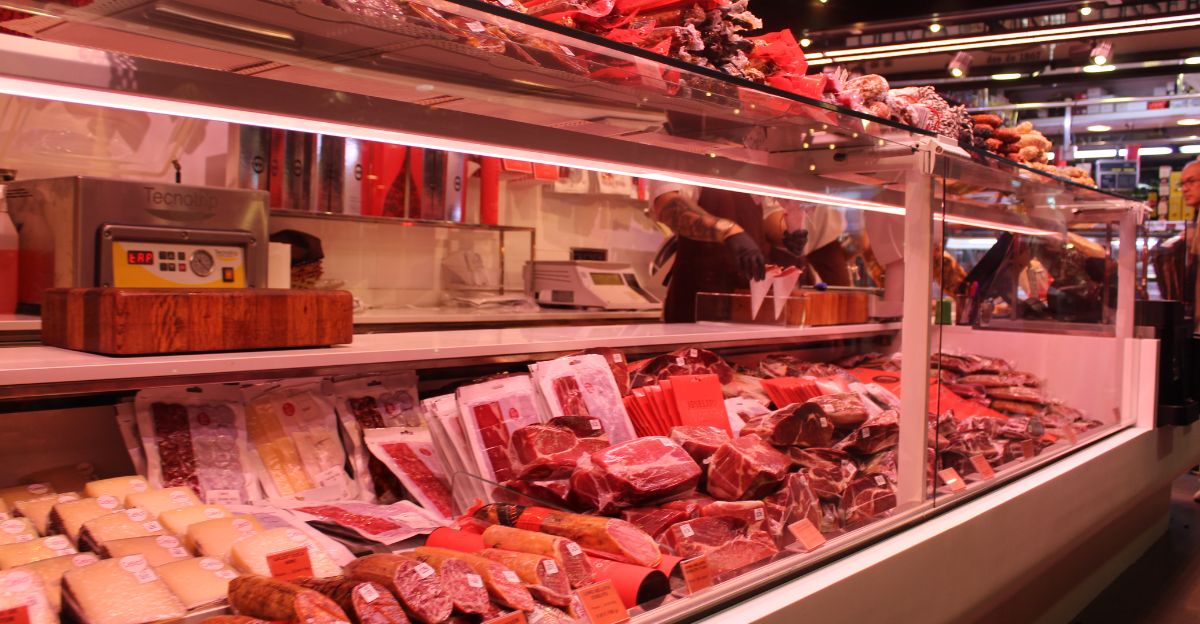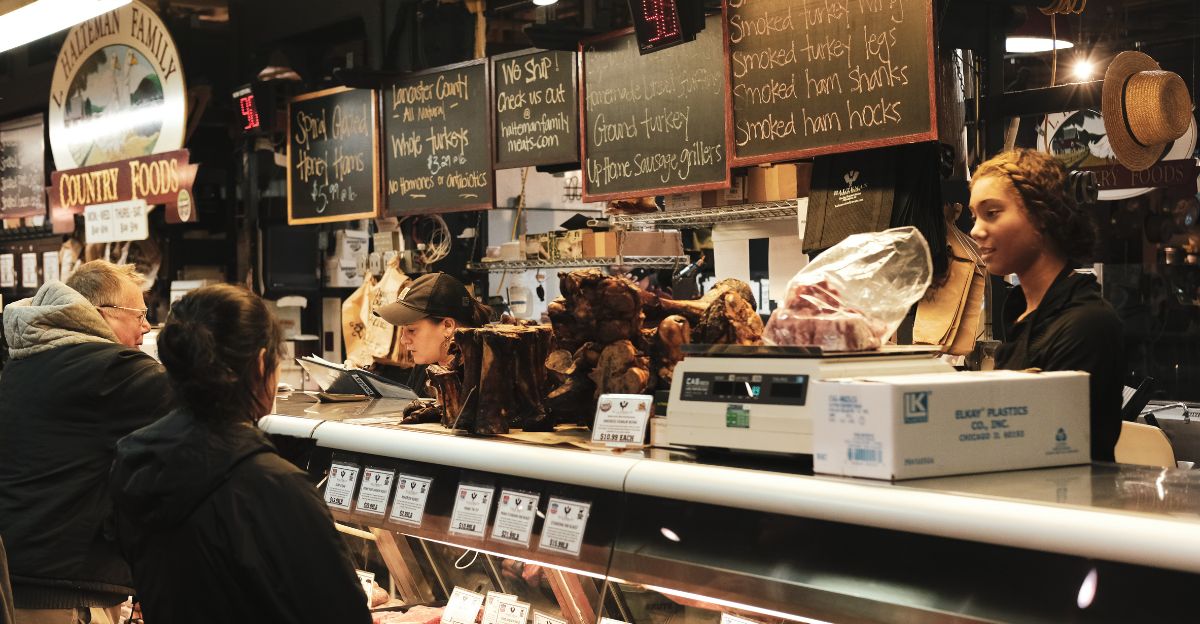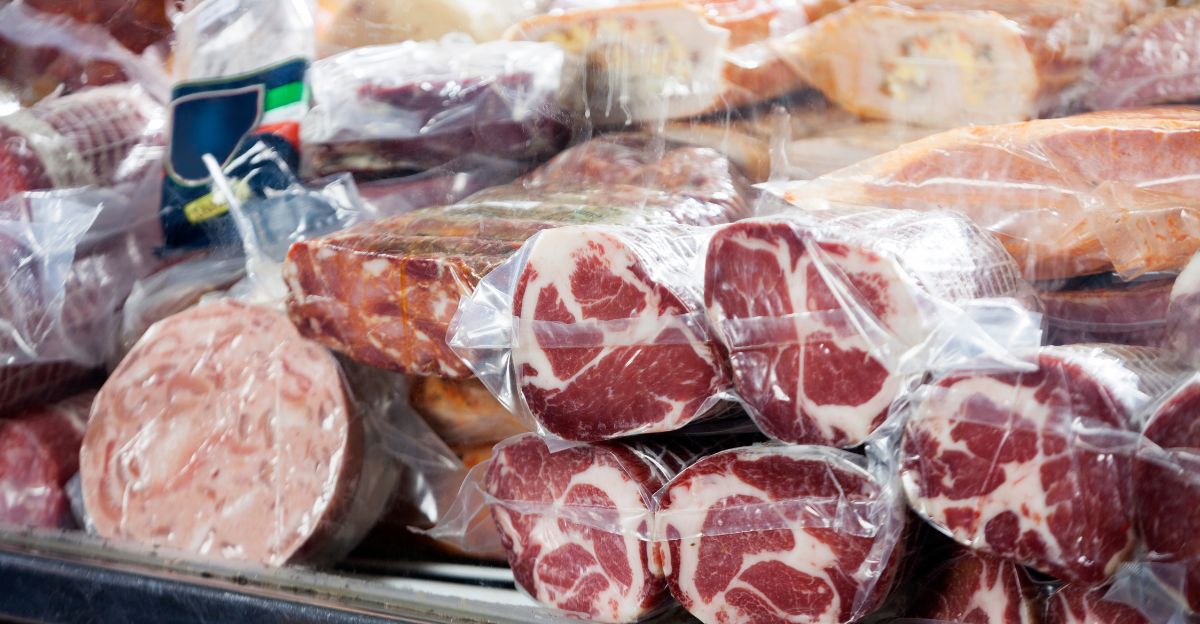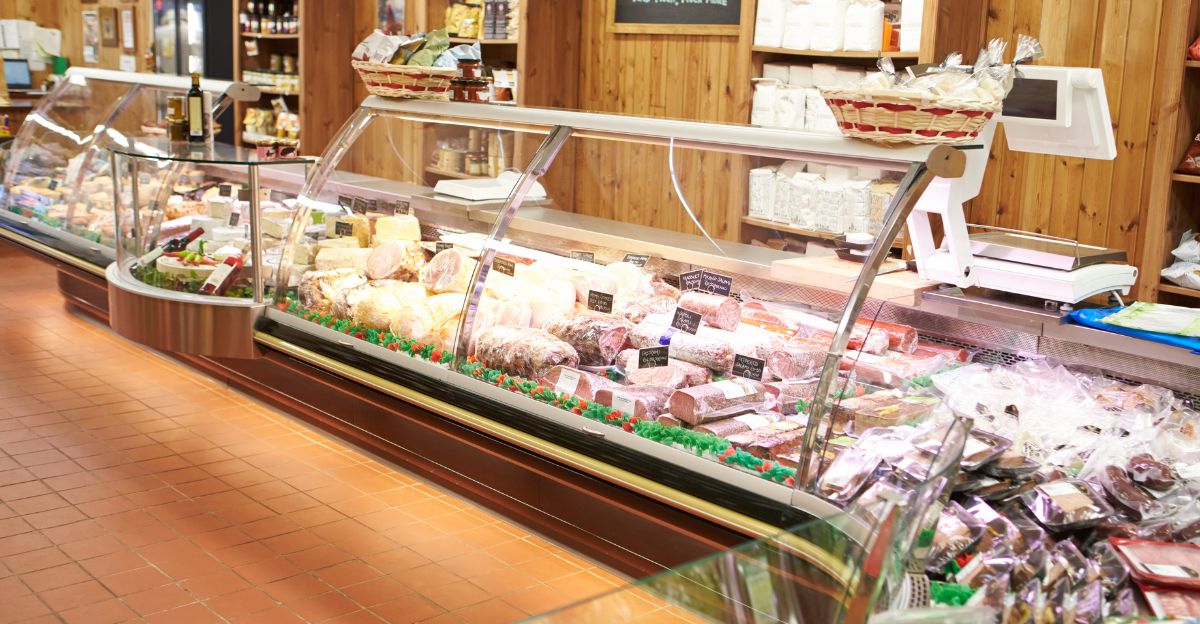
A major recall is shaking up the U.S. food industry: over 140,000 pounds of deli meats, including well-known bologna products, are being removed from store shelves across the country.
This is more than just a minor inconvenience for shoppers; it’s a massive disruption that could complicate your next trip to the grocery store, affect local delis, and disrupt family meal plans. While food recalls happen now and then, the scale and scope of this one mean that its impact will likely reach far beyond a single item or brand, setting off a chain reaction throughout the entire food supply chain.
Why It’s Happening

According to ABC News, a wholesale grocer based in New Jersey is recalling over 143,000 pounds of ready-to-eat bologna. This recall concerns bologna and other deli meats produced by Gaiser’s European Style Provisions Inc. According to the USDA, some products contained meats that were not listed on the label.
Although no illnesses have been reported yet, the mislabeling breaches federal regulations and has triggered an immediate recall. This situation shows how even small oversights in food production can result in major consequences for companies and consumers.
Grocery Store Changes

Many supermarkets are now rushing to remove any of the affected meats from their shelves, leaving large gaps in the deli sections. For the next little while, consumers might notice that their favorite brands have disappeared or face limited options for sandwiches and snacks.
Store managers are now dealing with questions from concerned customers and working overtime to ensure that safe alternatives are available. This recall could also result in more frequent inspections and stricter protocols for all deli meats, not just those involved.
Restaurant and Deli Fallout

However, this situation affects more than just grocery stores. Many local delis, sandwich shops, and restaurants that use these products daily are forced to adapt quickly. Some must now change their menus, substitute important ingredients, or even pause sales of certain dishes until safe supplies are secured.
This significant disruption could result in lost revenue and frustrated customers. On top of that, many businesses might have to dispose of other meats stored close to affected products, which only amplifies financial losses and operational headaches.
Consumer Behavior Shifts

The recall also shakes consumer confidence, causing many shoppers to steer clear of all deli meats, even brands that are not involved in the recall. Even shoppers who didn’t buy any of the affected products could become more cautious when purchasing deli meats, focusing more on labels and expiration dates.
Some might even temporarily switch to alternative proteins or pre-packaged options. While this heightened caution might be short-lived for most consumers, it can cause a temporary decline in deli meat sales and change purchasing habits across the country.
Supply Chain Disruption

This situation sends shockwaves through the entire food supply chain. Distributors and suppliers are scrambling to identify, isolate, and return affected products as fast as possible, which is causing logistical headaches and potential delays. As inventory is rerouted or replaced, many grocers and foodservice providers might also experience shortages or delivery disruptions.
This could affect multiple businesses, from major supermarkets to small independent stores. It could also weaken relationships between suppliers and retailers as everyone works to restore normal operations.
Economic Impact on Small Businesses

Small delis and independent grocers, which often operate with tight profit margins, are especially hard hit by the recall’s financial impact. These small stores could lose thousands of dollars in inventory that they can no longer sell. They will also have to work hard to rebuild customer trust.
Some of these businesses might even struggle to stay afloat if the disruption lasts too long. This situation highlights how vulnerable small food retailers are to large-scale recalls.
Policy and Regulatory Response

The USDA’s quick response shows the seriousness of food labeling compliance. Although this recall is considered Class III, meaning it’s not expected to pose health risks, it has reignited discussions about food safety regulations and transparency.
Lawmakers and consumer advocates might call for stricter oversight, better labeling, and improved communication about recalls. This situation is a reminder that regulatory vigilance is very important when it comes to maintaining trust and avoiding future disruptions in the food supply.
What to Do Now

But what should you do? If you happened to buy any deli meats from Gaiser’s European Style Provisions Inc., take a look at the establishment number “EST. 5385” and compare it to recall notices. If you’ve purchased any recalled products, discard or return them. Consider sanitizing any surfaces they might have touched.
You can also stay informed by signing up for food recall alerts. When you’re grocery shopping, always double-check labels and prioritize trusted sources. By following these steps, you can avoid consuming mislabeled or unsafe foods.
A Stark Reminder

This major recall is a stark reminder of how something as simple as a labeling error can cause a massive chain reaction, affecting your meals, local businesses, and national food policies. As the food industry adapts and consumers remain cautious, the effects will linger for a while.
Staying informed about food safety news and recalls is the best way to protect yourself and your family from these kinds of mistakes.
